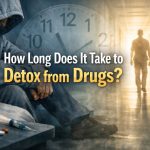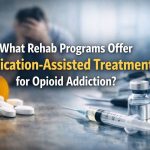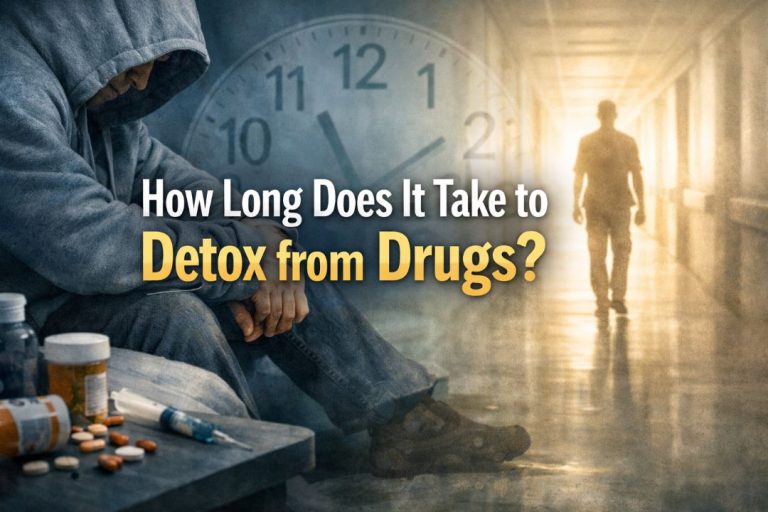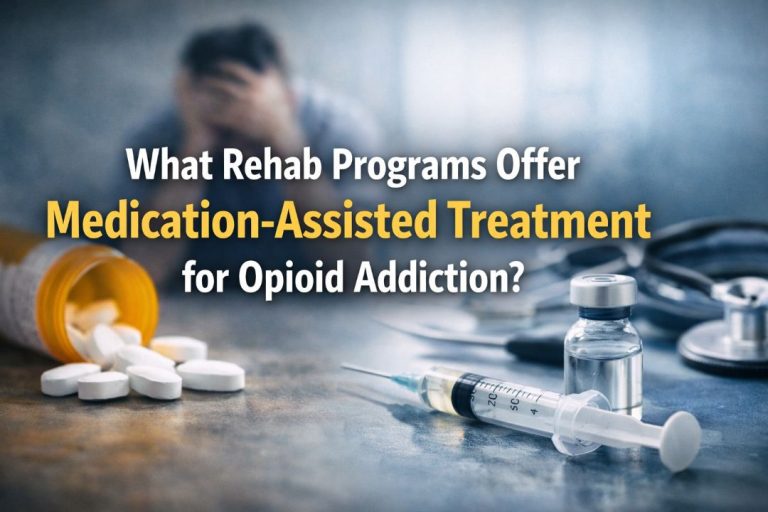What is Situational Depression?
Have you ever experienced excessive sadness or despair when something meaningful has happened in life like loss of a loved one, change of work place or changing residence? Such emotions can be situational depression. Situational depression also known as adjustment disorder, with depressed mood is an instance of depression that is transitory and is as a result of stress issues in life.
Situational depression is also associated with a certain situation unlike the major depressive disorder. It is a human, ordinary reaction to the difficulties in life but it is very important to seek assistance when it is chronic, acute and disturbing. The knowledge of situational depression will enable you to be aware of its symptoms and get the appropriate treatment.

What are the Symptoms of Situational Depression?
The initial step to recovery is the recognition of the symptoms of depression in a situation. The symptoms may occur with different severity, but the most typical ones are:
- Everything is depressed or crying.
- Feeling stressful or powerless.
- Care about things that are no longer appreciated.
- The changes of the sleeping patterns, such as insomnia, or sleepiness.
- Fatigue or low energy
- Irritability or agitation
- Difficulty concentrating
- Social withdrawal or isolation.
Situational depression is common among people who will say that they are situationally depressed and they feel burdened by the prevailing situation. Although they may be severe, these feelings are usually associated with certain incidents and not a mental disorder that is chronic.
100% Confidential Support is Available 24/7
No matter what you’re going through, you’re not alone. Our dedicated team is here to provide a safe, judgment-free space where you can talk openly and honestly. Whether you need emotional support, resources, or just someone to listen.
We’re here for you—completely confidential and always respectful of your privacy. Call us today!
The Difference Between Situational Depression and Grief
Situational depression is easily mixed with grief, and they are not the same. Situational depression is a natural experience in the face of any significant life event both negative and positive, whereas grief is a natural expression of loss.
The grief can be divided into ups and downs, and the sadness has to be combined with some moments of acceptance and even joy. Situational depression, in its turn, can be linked to more permanent low mood and the inability to cope with life in general.
Grief and situational depression both may influence emotional and physical health, but the most important distinction is in time and effect. Grief tends to decrease over time, but there is a possibility that situational depression can only end with professional help when the symptoms are sustained over a period of more than a few weeks.
Contact Solutions Healthcare
Battling with Drug and Alcohol Addition? Remember, you are not alone and we are here to help you!
Treatments for Situational Depression
The positive aspect is that situational depression therapy is very effective. Early treatment may avoid aggravation of the symptoms and make the people re-establish their emotional stability. Therapy methods are:
1. Therapy
Situational depression is best treated with psychotherapy especially cognitive-behavioral therapy (CBT). Therapy offers a secure environment to unprocess emotions, discover negative thinking patterns and the ability to employ coping skills to overcome stress and depression.
2. Medication
Situational depression medication can be suggested in certain situations. Antidepressants might be used to maintain the mood and relieve severe symptoms. Therapy is normally complemented with medication.
3. Lifestyle Changes
These symptoms may be eased off to a large extent by simple changes in style of life:
- Frequent workouts to stimulate the mood and energy.
- Exercising sleep to regain sanity.
- Healthy eating to boost brain wellness.
- Stress reduction meditation and relaxation.
4. Social Support
The support systems, as well as family, friends, and support groups are very important to recovery. It can help to express yourself and find support in order to feel less isolated and desperate.
Note: Situational depression is a temporary disorder and through proper treatment, individuals can bounce back in a matter of few months.
Effects of Grief on the Body
Although situational depression mostly impacts on mental health, it may also have physical consequences just as grief. The consequences of stress and constant sadness can be:
- Fatigue and low energy
- Change in weight or appetite.
- Headaches or muscle tension
- Weakened immune response
- Sleep disturbances
Early intervention of situational depression does not only enhance the level of mental health, it also prevents such physical symptoms to progress.
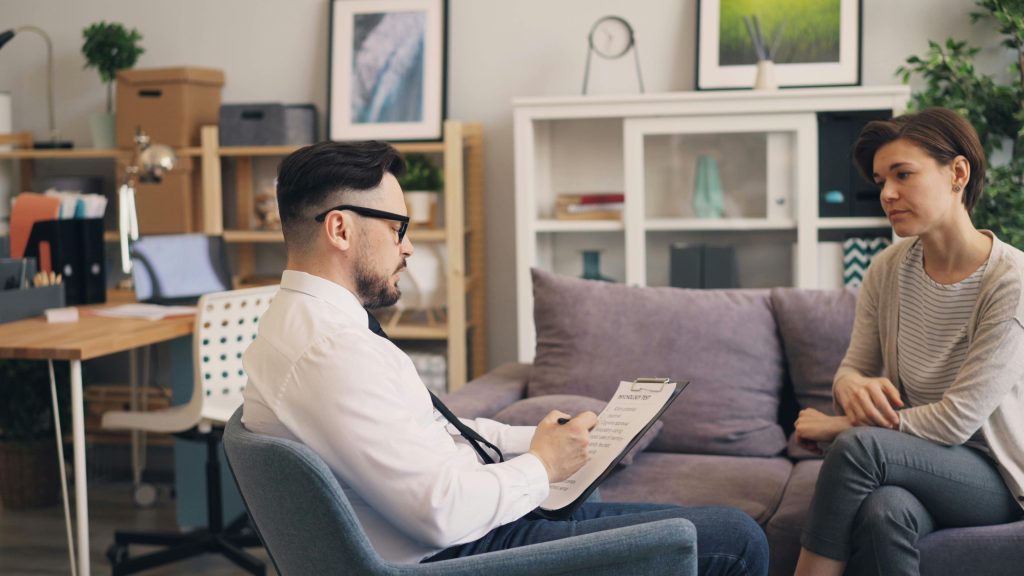
Take the First Step Toward Recovery
Being depressed following a significant event in life is normal, but when the depression does not go away, then you need to seek assistance.In Solutions Healthcare, we deliver evidence-based care, which is empathetic to restore the emotional equilibrium and address situational depression.
You may require therapy, drugs, or advice on the coping strategies, and our qualified staff will be there to help you with it. Wait, not early cure can work wonders.
Today, pick up the phone and call (386) 866-3600 and talk to a compassionate professional and start your healing process.
100% Confidential Support is Available 24/7
No matter what you’re going through, you’re not alone. Our dedicated team is here to provide a safe, judgment-free space where you can talk openly and honestly. Whether you need emotional support, resources, or just someone to listen.
We’re here for you—completely confidential and always respectful of your privacy. Call us today!
FAQs About Situational Depression
1. What are the treatment options for depression?
Therapy, medicine, lifestyle changes, and social support are all possible treatments of depression. The severity and personal needs are used to develop a treatment plan.
2. Should situational depression be treated?
Yes. Although it might be temporary, situational depression that is not treated can grow and impair normal functioning. Timely intervention enhances accelerated recovery.
3. When does situational depression become clinical?
Situational depression can be a problem that needs the help of a mental health professional especially when the symptoms persist more than two weeks or interfere with everyday life and when they become more severe.
4. What are depression’s causes and treatments?
Genetics, chemical imbalances, traumatic events, chronic illness, or stressful life events may cause depression. They are therapy, medication, changes in lifestyles and support systems.
5. What are the 7 causes of depression?
Common causes include:
- Genetics and family history
- Stress/traumatic life events.
- Long-term diseases or medical conditions.
- Hormonal changes
- Brain chemistry imbalances
- Substance abuse
- Lack of support or social isolation.







